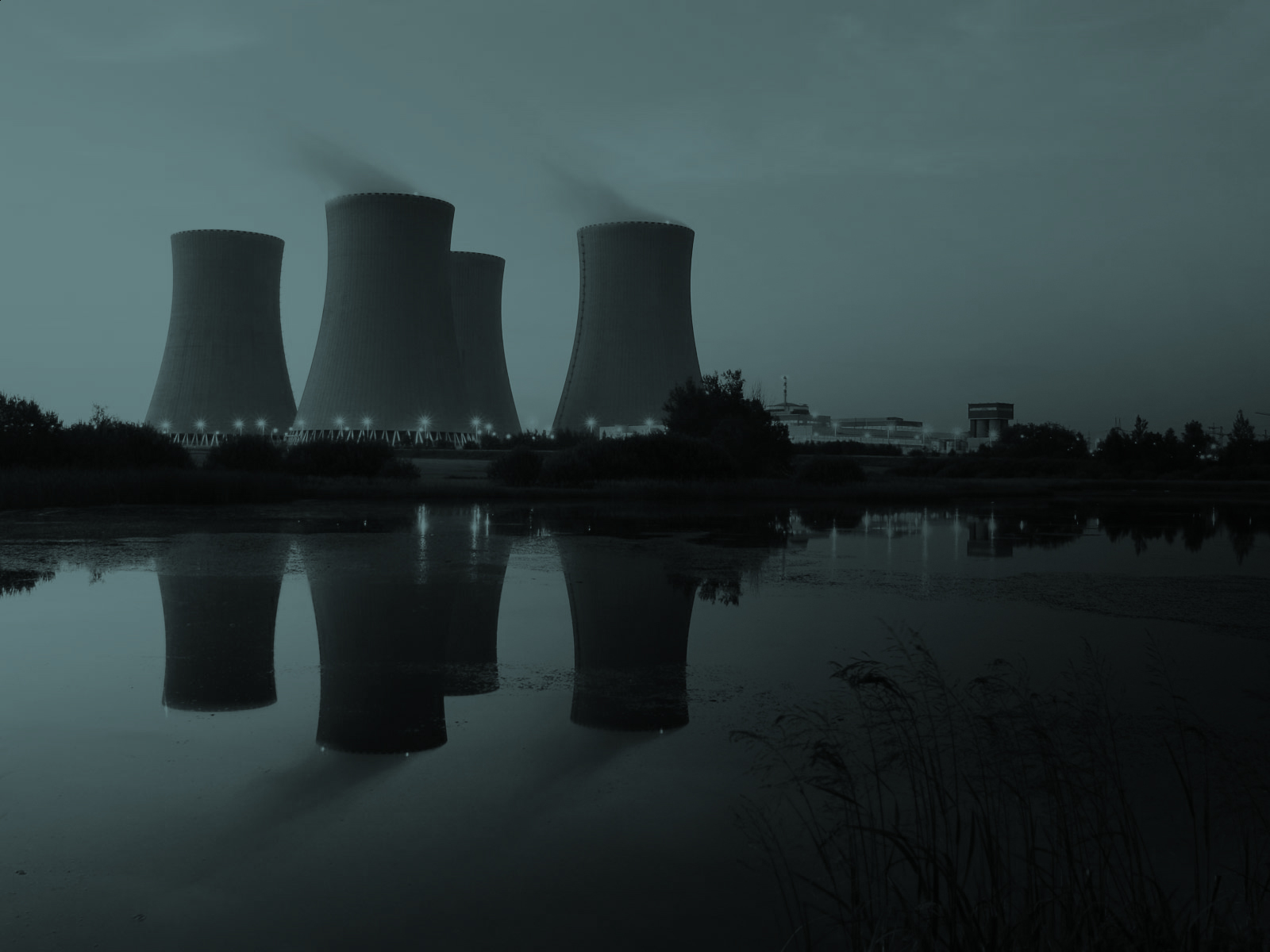At least someone is still feeling optimistic about the future of nuclear energy in the UK. Speaking at our UK Energy Summit on May 3rd, EDF Energy's Chief Executive, Vincent de Rivaz, claimed that his company's commitment to the UK's nuclear programme remains "undimmed" and that "steady progress" is being made towards delivery.
Given that EDF Energy has a major interest in seeing the UK's nuclear energy plans succeed, few of those present would have been surprised to hear Mr de Rivaz put a positive spin on the situation. The problem for the UK government, however, is that its ability to facilitate the level of private sector investment needed to replace the UK's rapidly ageing nuclear fleet is looking increasingly questionable.
Its big idea was to create a complex set of subsidies (though it would prefer we didn't call them that) designed to "provide certainty" for those investing in nuclear and other forms of low carbon energy. That's still the official plan, but there's growing evidence that the subsidies on offer aren't going to be enough to attract the level of investment needed.
In the clearest sign of a problem so far, the so-called Horizon Consortium of Eon and RWE Npower recently withdrew its interest in building new nuclear power stations in Britain. Even more worryingly, it's now widely assumed that EDF Energy are threatening to do the same if the government doesn't come up with a more generous package of subsidies.
To get the process back on track, it looks increasingly like the government will need to offer a meatier set of financial incentives than it had originally hoped to get away with. If it does, that would immediately raise another set of thorny questions:
- Would a revised deal be challenged as state aid, further delaying much needed investment in the UK's energy infrastructure?
- Even if a more generous deal doesn't break state aid rules, will the increased subsidy required make the investment unaffordable or unattractive compared to the alternatives (e.g. gas)?
- At a time when the coalition is worried about its popularity and the public is deeply concerned about energy prices, will the government have the stomach to push through a package likely to increases energy prices for consumers?
The second two questions in particular are likely to accentuate growing tensions over energy policy in the UK's coalition government, which could lead to further delays or major policy shifts. When I quizzed him at our event, Mr de Rivaz was adamant that "the debate is over" on UK energy policy. He probably dreams of the day when he can say that and mean it. Until then, whether in public or behind the scenes, he'll need to keep arguing his case.




